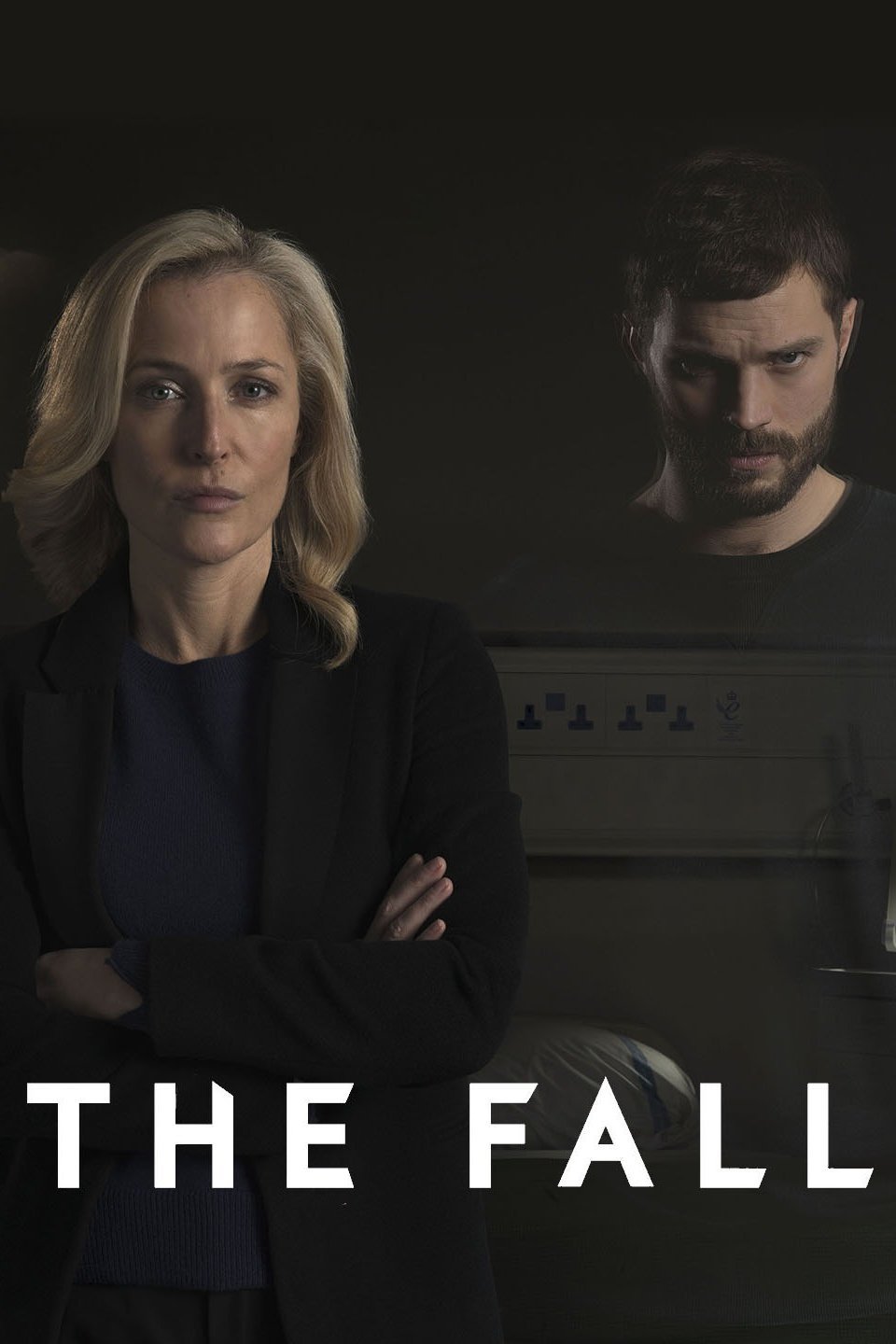When I heard this mentioned on a podcast the other day, I immediately thought of the following excerpt which talks about the fact that God not only sees us as we are, but crucially, understands us as we are - even when we struggle to understand ourselves. It says the following:
"In our personal relationships in this world, we seek to be understood, at least by the people we love and by our friends; but also perhaps, by our enemies for, if only we could explain ourselves to them, they would not be our enemies [...] What a relief, then, to discover that - in the only way it really matters - we are totally understood because we are totally known. What a relief also, to be aware that there is one Person in whose presence we no longer have to pretend or deceive or protect ourselves [...] He is always there, waiting; it is we who have made ourselves absent from Him [...] We are known, understood, seen and forgiven." (Gai Eaton, Reflections) I think about this passage all the time. I was probably 19, maybe 20, when I first read Reflections, and it honestly changed my life. Up until that point, I didn't know that I wasn't alone. To be known, understood, seen, forgiven. Known, understood, seen, forgiven. That's all I had ever wanted. Unbounded, unconditional, unlimited understanding.
So, thinking of this in the practical sense, what does it really mean to believe that we are each intimately known, unequivocally understood and unceasingly seen both within the Light of God and by the Presence of God? The suggestion here is not necessarily one of exposure, but actually one of safety, of refuge, and perhaps even relief. It means that "bidden or not bidden", called upon or ignored, invoked or forgotten, loved or despised - God is present.
It means - and this is my favourite part - that God sees us in a way that no one else could ever see us. In fact He sees us in a way that we can rarely ever see ourselves. We are far too full of our own rubbish. Uniquely, he sees through us: through our protective walls, our coats of armour, our cracked glass houses and our outward forms. He sees us with a gaze that is at once penetrative and discerning whilst also being immensely merciful and full of love and understanding. God is either, both and neither, all the the same time.
Most importantly, he alone sees the sincerity of our intentions. He knows all our hang ups, the things that keep us awake at night, the things we wish we had done better, said better, known better. He knows our insecurities just as He knows all our mistakes. And yet, we are continually not only understood and accepted by God, but crucially, accompanied by his presence wherever we are. ("Wheresoever you turn your faces, there is the face of God" [2:115]) The door never shuts, unless of course it is we who make the effort to shut it. And even then, by virtue of our nothingness, our efforts still would not render it shut.
More than this, it means that God is present in desperation, in joy, when we feel that we need him, and perhaps most perilously, when we are convinced that we don't. God is even present for the unbeliever, even for the one who speculates or ridicules the suggestion of His existence.
The passage above also offers an implicit commentary on the dialectic between permanence and impermanence, finitude and infinity, and prompts us to differentiate between that which is relative, and that which is Absolute. What this means for us - as individuals as well as a collective - is that the emotional and psychological architecture around which the experiences of our everyday lives are erected and demolished on a daily basis, simply dissolve into insignificance when placed against the backdrop of the Absolute. Bidden or not bidden, He is there. Therefore, for me at least, this means that if we are aching to feel whole, and searching to be seen, needing to know that we are accepted, seeking validation, fortification or replenishment through the approval and attention of others - it is not necessarily the search that is wrong, but rather our misplacement. To want to feel complete is not unnatural. Yet we all (myself included) search for completeness in all of the wrong places. To believe that completeness can be reached or found or felt within the bounds of relativity, that is, through objects, attachments or worldly ties, is to believe in a realm that is by its very nature ephemeral, fleeting and vacant. Nothing here will remain. Conversely then, we must turn to God who has no beginning, no end. Even when we don't call upon Him, He remains with us. He is therefore the Absolute antithesis of the very ephemerality that defines our own existence. He is Absolute, Omnipresent. Bidden or not bidden - always there.
(received from tinyletter.com/mounaks a few months ago.)

